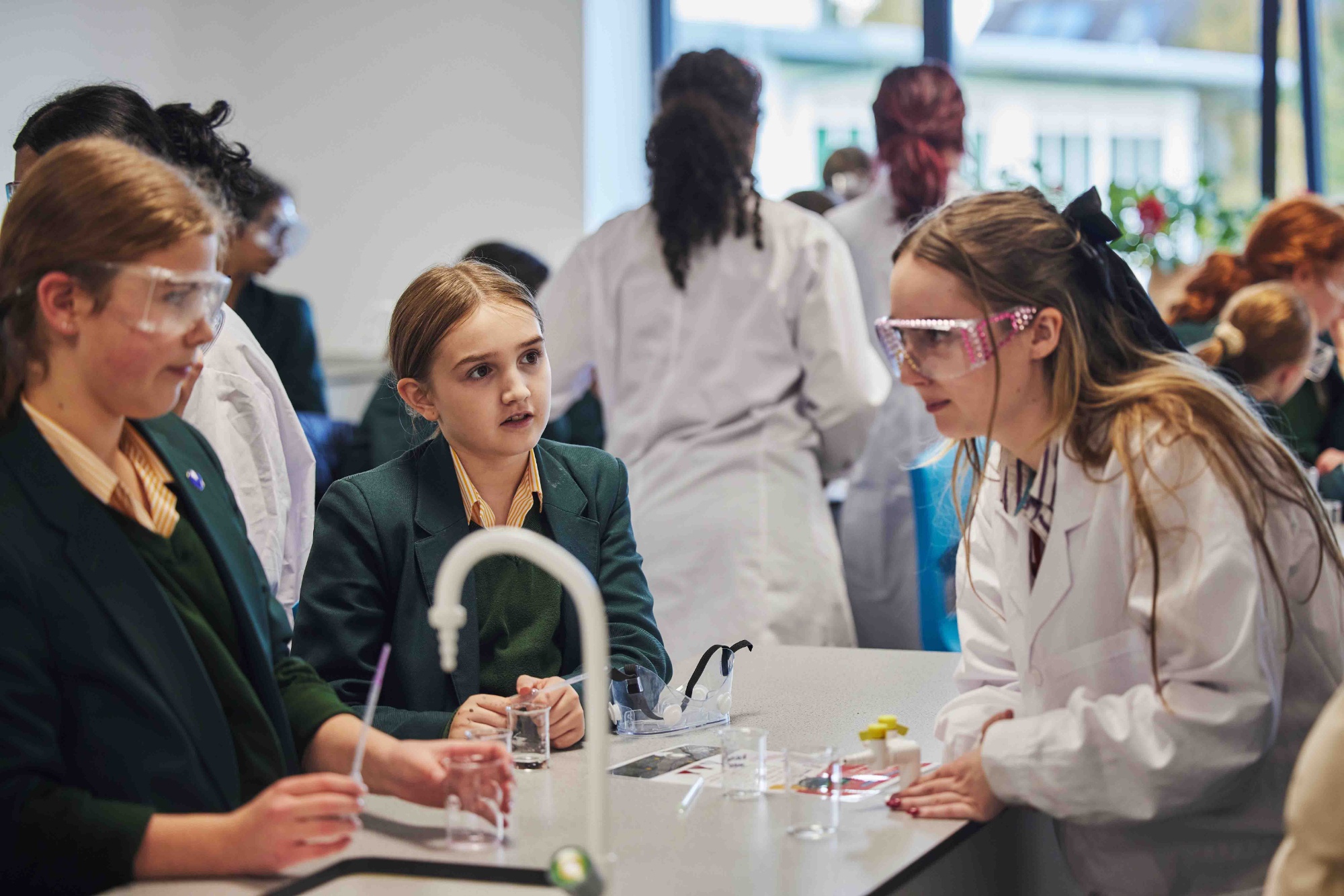Psychology
Key Stage 4
Exam board
OCR
Specification code: J203 Qualification number: 603/1109/5
Description
Both components include synoptic assessment.
Students must complete both components (01 and 02) to be awarded the OCR GCSE in Psychology.
OCR’s GCSE in Psychology follows a clear and straightforward structure. It contains exciting subject content, helping students explain everyday social phenomena. There is a balance of classic and modern psychological theory and research, emphasis on ‘doing psychology’, and a focus on mental health.
Content
Throughout the course, students study various psychological ideas, processes, techniques and procedures within the following topics:
- Development
- Memory
- Psychological problems
- Social influence
- The brain and neuropsychology
- Criminal psychology
- Sleep and dreaming
- Research methods.
In each component, students study two core studies, through with they develop knowledge and understanding of the five core areas of psychology:
- Biological
- Cognitive
- Social
- Developmental
- Individual differences.
Each component also includes a section on research methods.
Component 01: Studies and applications in psychology 1
Students explore the following topics:
- Criminal psychology
- Development
- Psychological problems
The research methods focus on designing an investigation.
Component 02: Studies and applications in psychology 2
Students explore the following topics:
- Social influence
- Memory
- Sleep and dreaming
The research methods relate to a novel source.
| Component | Marks | Duration | Weighting |
|---|---|---|---|
|
Studies and |
90 | 1 hour 30 mins | 50% |
|
Studies and |
90 | 1 hour 30 mins | 50% |
Key Stage 5
Exam board
AQA
Description
Studying Psychology gives students an insight into the working of the human mind and how this affects aspects of our everyday lives. It will inform students about the research methods that psychologists use and give them a chance to try it out themselves. We cover a variety of topics at A level which all offer something slightly different in terms of insight into why we think and behave the way we do.
It’s a rich mixture of previous subjects you would have studied in the lower school such as science, maths, history and English and builds on the skills you would have developed in these subjects.
An understanding of psychology is invaluable for all careers that involve working with people such as medicine, business, education and much more. The A level will help those choosing to pursue a career in Psychology from undergraduate degrees in Psychology to post graduate qualifications in the fields of Clinical, Health, Forensic, Occupational and Educational Psychology all at doctorate levels.
Psychology is offered at A Level at Ribston Hall High School. It is assessed by three examinations which are taken at the end of the two-year course. Each paper is an assessed written exam: 2 hours, 96 marks in total, 33.3% of A-level. A mixture of multiple choice, short answers and extended writing answers (essays). 33% of the overall grade is research methods-based knowledge with a dedicated section but also peppered throughout all sections of the exam (10% of which is maths-based questions) which reflects psychology being regarded as a scientific discipline.
| Year 12 | Year 13 | |
|---|---|---|
| Autumn |
Research methods:
Approaches
|
Forensic psychology:
|
| Spring |
Social influence:
Attachment:
|
Schizophrenia:
Relationships:
|
| Summer |
Biopsychology:
Research Methods Statistics |
Paper 1 – Social influence, memory, attachment, clinical psychology Paper 2 – Approaches, biopsychology, research methods · Paper 3 – Issues and debates, relationships, schizophrenia, forensic psychology |
Extra-curricular Opportunities
In school:
- Lunch time ‘Aim Higher’ Club.
- Extensive super-curricular library for psychology with an optional reading challenge. Many of which are on the suggested Oxford University reading list.
- Lunch time documentary/book club which our psychology student representative lead.
- Brain dissection session. (Linked to Biopsychology)
- Students sign up to the British Psychological Society Weekly Digest to be aware of new research being published in a student-friendly format which also includes podcasts from expert psychologists in the field.
- Guest Speakers from various fields
Externally:
- Online lectures; wider than the specification from universities across the country.
- Encouragement to attend the Cheltenham science and literature festivals in relation to psychology research and literature.
- West Midlands Safari Park Phobias Workshop
- University of Gloucestershire Psychology Day


